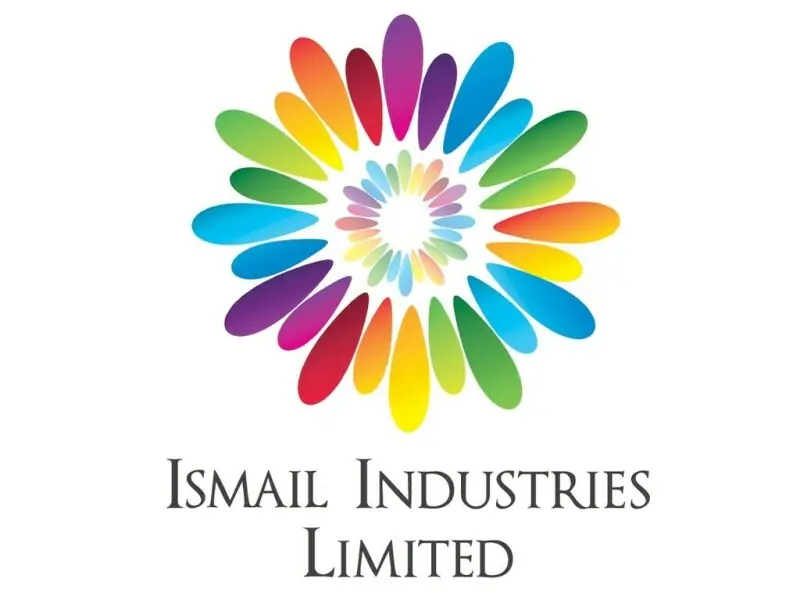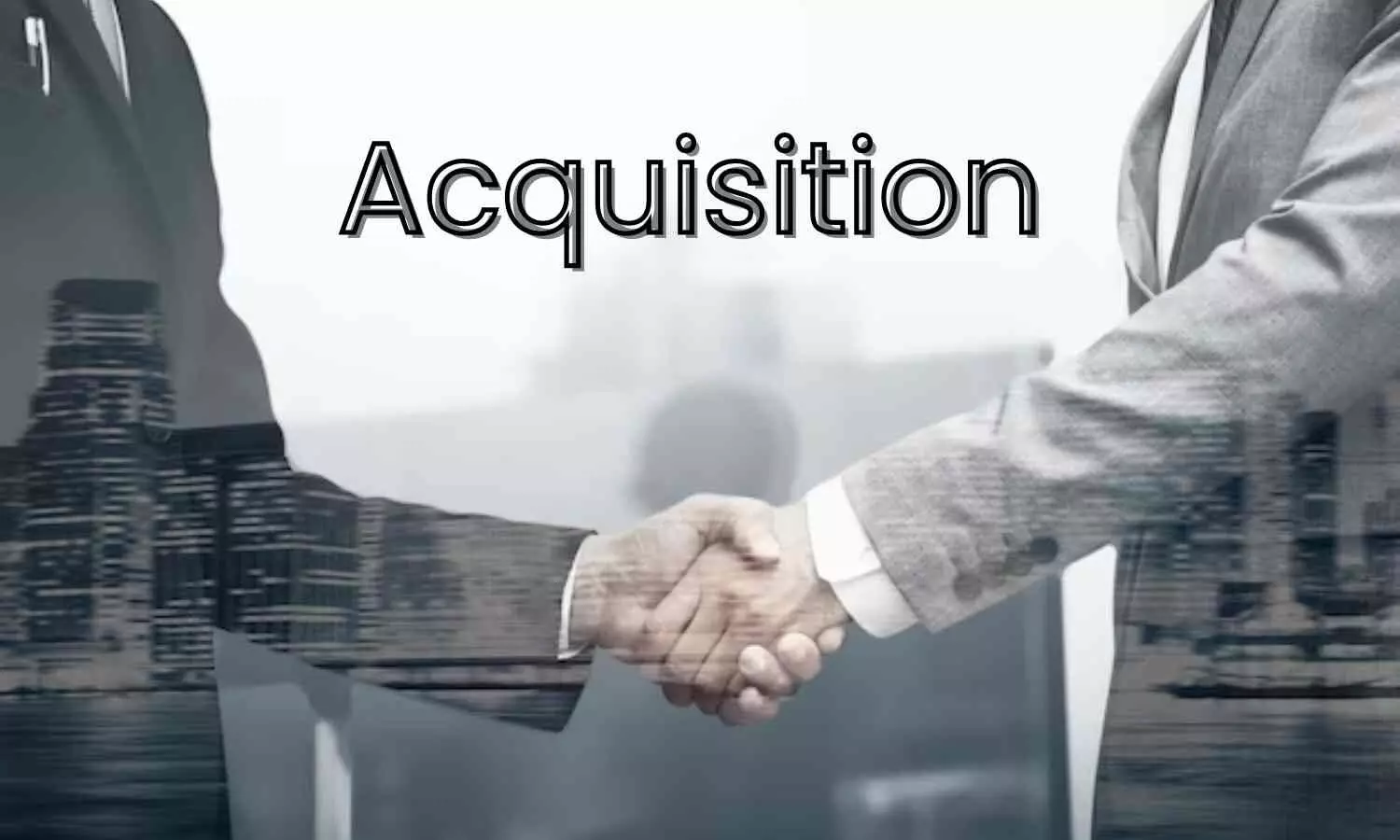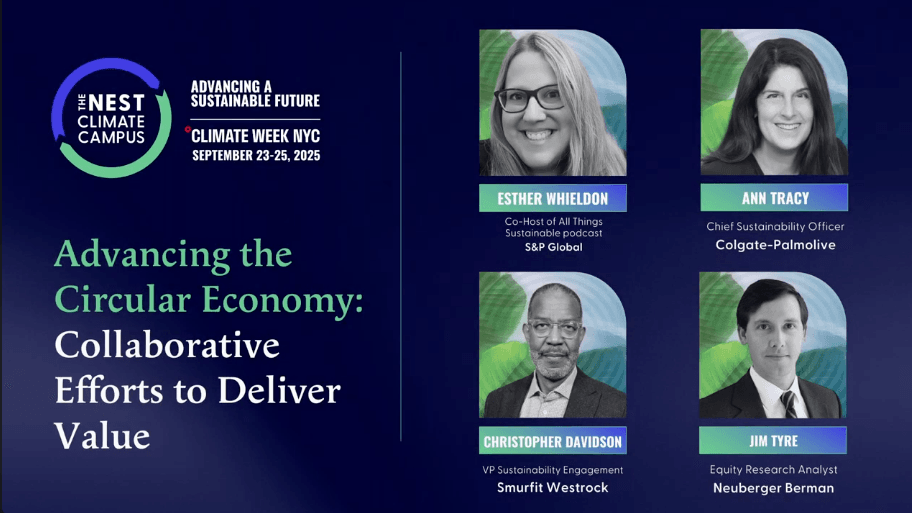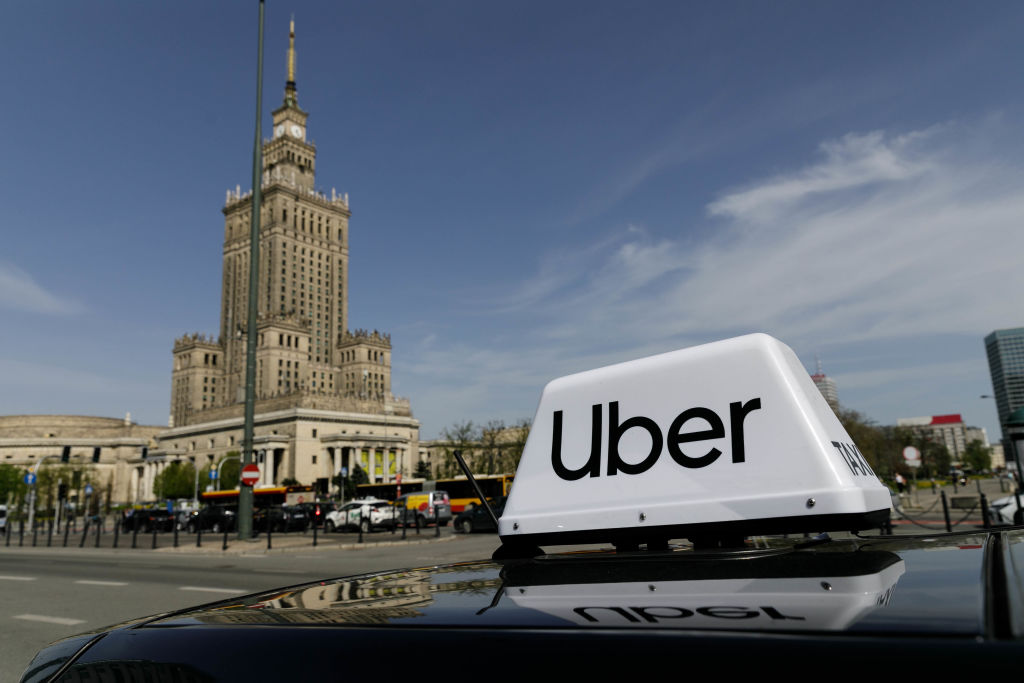Copyright Inc. Magazine
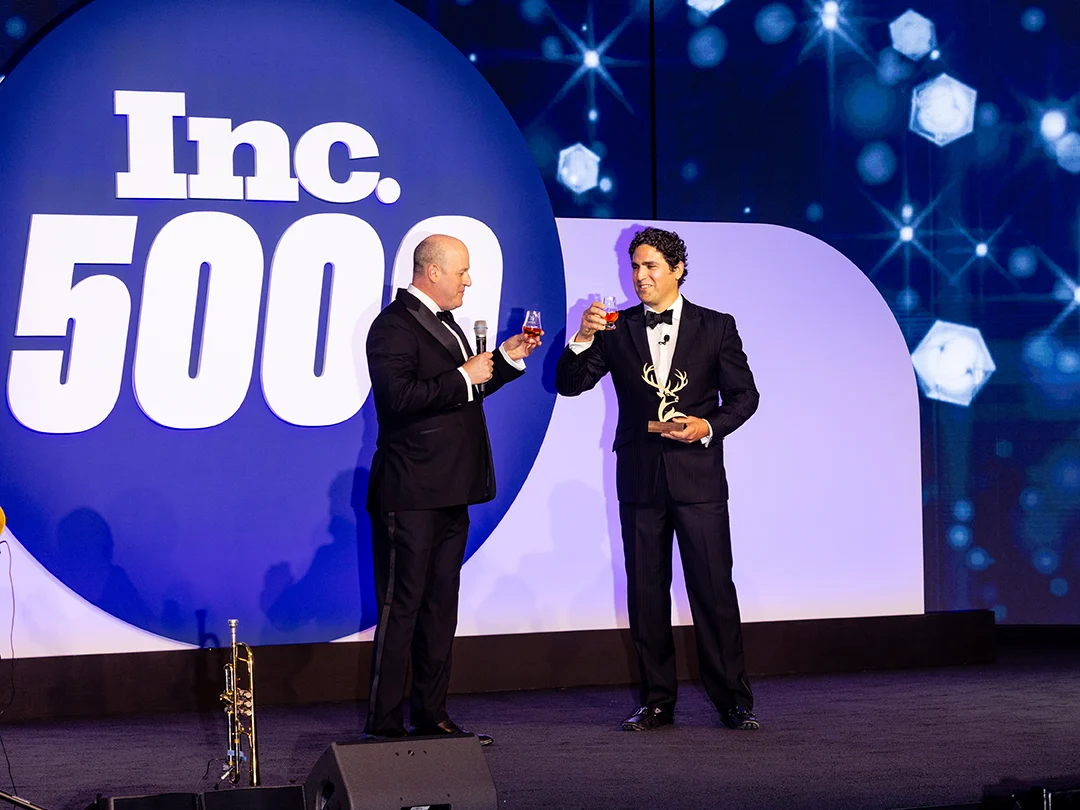
Schools, sports teams, and nonprofit organizations raise funds by selling Double Good’s popcorn products and keeping 50 percent of the value of what they sell. One of the company’s strengths is that it handles product manufacturing and distribution as well as creating the fundraising technology. “We’re looking to control every aspect of the customer experience so they can have this really incredible experience,” Heitmann says. However, Double Good’s journey had some twists and turns. The company was founded as a corporate gifting business, then moved into e-commerce in the late 1990s before expanding into a wholesale business, which accounted for more than 50 percent of the company’s revenue. Popcorn fundraisers were just 10 percent. Yet, Heitmann wasn’t completely happy. He wanted his business to be about creating joy—which wasn’t happening by having the popcorn products sit on shelves. Heitmann’s a-ha moment came in the form of a thank-you note. A student wrote to the founder in gratitude because he was able to raise the $300 he needed for a band trip by selling Double Good popcorn. After reading the note, Heitmann realized that he wanted to be able to help kids do what they love to do, so he decided to exit the wholesale business and go all in on fundraising. In addition to the typical challenges that founders face in a business pivot, Heitmann’s key issue was that he didn’t have the technology team he needed in place to build a new fundraising platform, so he began building the team he needed for the platform. Ultimately, the transition took five years. “As I got in, I started to understand the industry and started to understand the customer and realized there was very little innovation there,” he says. “[I] thought it was . . . a great opportunity to innovate and bring value to customers.” That shift to better technology came in handy during the pandemic. The business was initially down 50 percent when many schools and businesses were shut down. However, once it was clear that in-person fundraising wasn’t an option, the virtual fundraising took off and has been strong ever since. Heitmann is proud of achieving his goal of making customers happy. “It comes back to having this clear purpose,” he says. “When you walk into any of our plants or distribution centers, you see up in big lights ‘Create Joy.’ That’s a reminder of what we’re here to do and to stay focused and make all our decisions around that purpose.“ In thinking about his legacy, Heitmann doesn’t consider himself a founder or owner first, but rather a steward of the business. “I want the business to last a long time,” he says.” Double Good runs on impact, and the longer we last, the more impact we’ll make.” Inc. and Glenfiddich toast all that Heitmann has achieved so far, and a bright future for Double Good.
